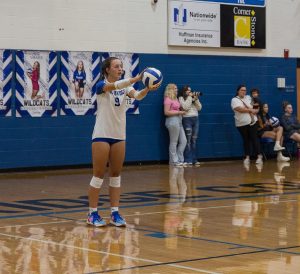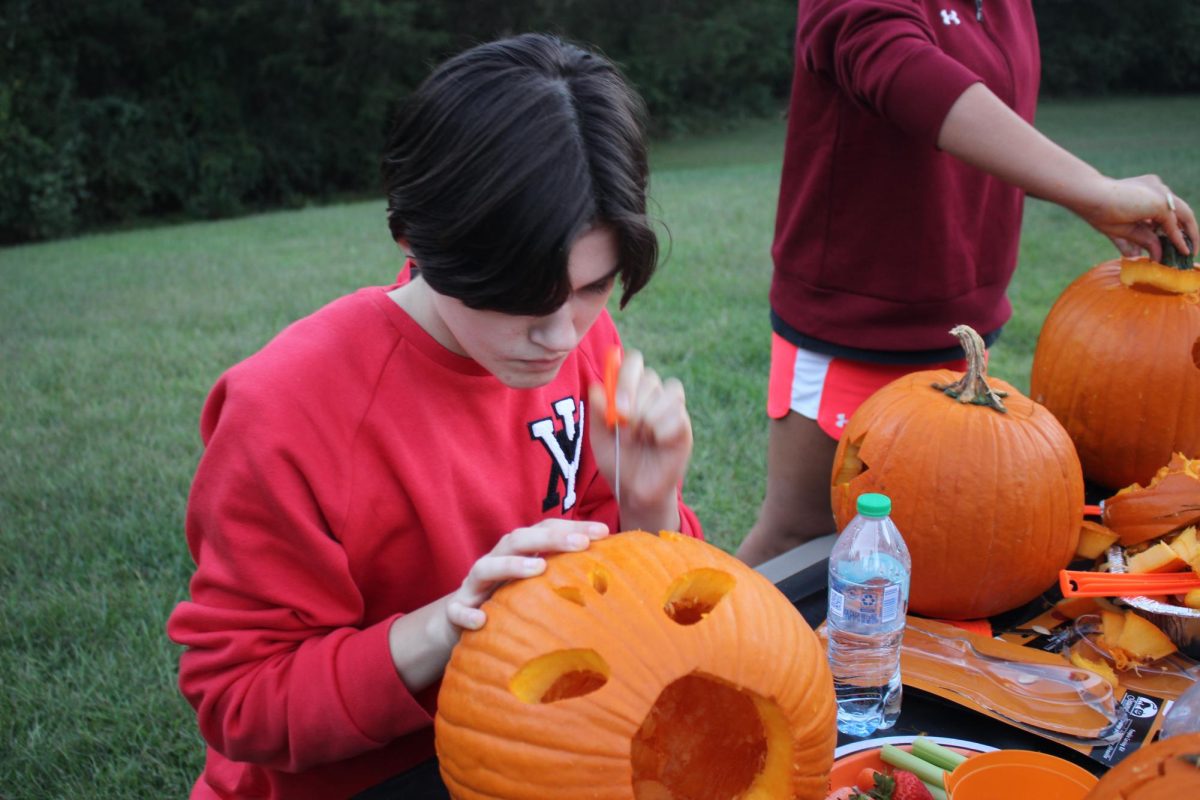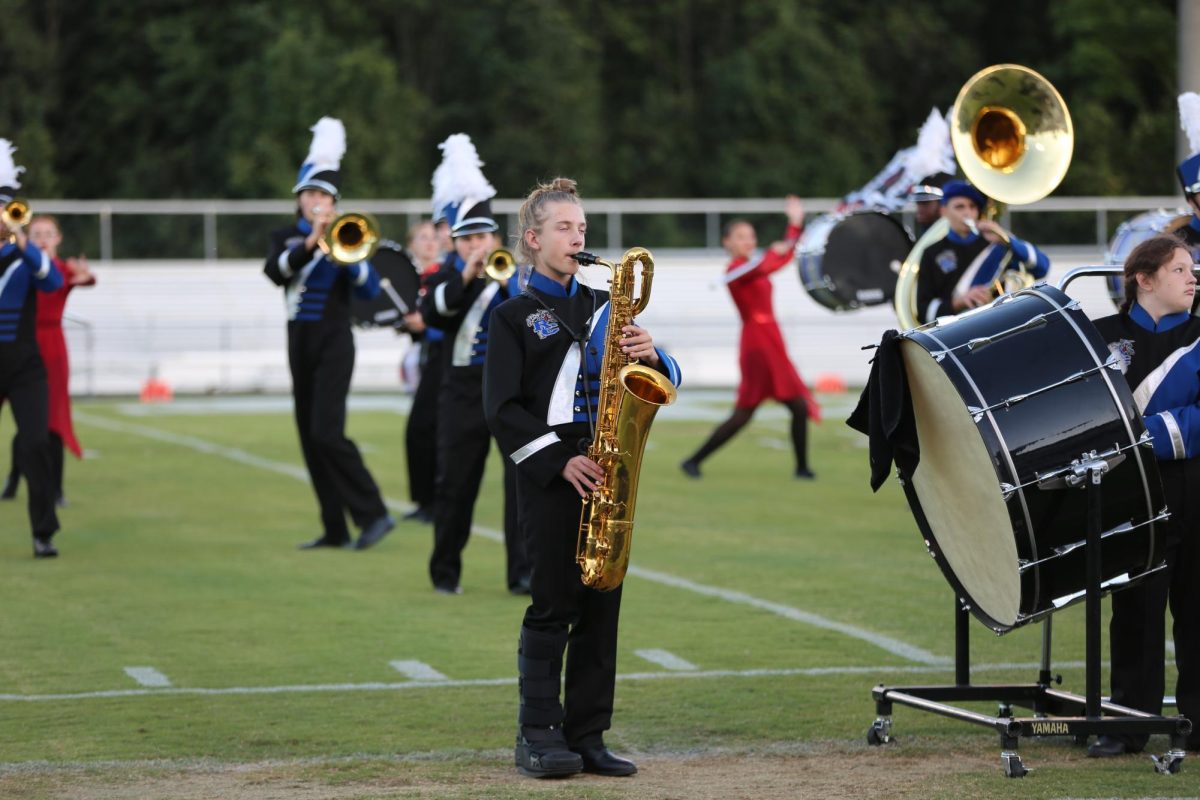“It’s just a game.”
Every athlete gets told this, most times to make them feel better, but for athletes who take their sport as seriously as possible think of “the game” as something more than its name.
Being a student athlete puts a lot of added pressure on high schoolers, and takes a toll on their mental health. To be a student athlete, it means that you have more to manage than many of your peers because not only do you have to perform athletically, you also have to be successful in the classroom in order to stay eligible.
Rockbridge County High School guidance counselor, and former volleyball coach, Mrs. Michelle Kirby, has seen all sides of athletics. She touched on what the most common issues that athletes come to her about.

“I would say time management,” said Kirby, “There’s a lot of stress around trying to juggle school, especially if they’re taking a full load of classes, and trying to find time to complete their work outside of the major time commitment that games and practices take. Sometimes, depending on your sport, you don’t get home until 7:00 or 8:00 p.m. on a non-game night, and that only gets later on game days.”
Another added stressor of being a student athlete is constantly being in the public eye. Sometimes it feels like everyone is watching you all of the time. The community sees all of the names and stats in the local newspaper, so they can tell automatically who had a good game and who did not. Also, anyone can immediately see via social media the winners and losers of a game, which adds to the public attention whether it be positive or negative.
Senior basketball player Milo Mulitalo has experienced this media attention in his years on the team.
“From my experience when you win you get praises but when you lose it’s a free joke for anyone who wants to make fun,” said Mulitalo.

As mentioned by Mulitalo, it is not only the outside community who can see your successes and failures as an athlete, but you are also subject to judgment from your peers. They see you in a raw form of yourself, and if you get accolades or make a game-winning play, you are the school’s hero, which boosts the confidence of many athletes. However, the opposite can occur just as fast. You could mess up the last play of an important game or you could get pulled out in front of all of your friends, whom you are always, maybe not even consciously, trying to impress.
This need to impress those watching is yet another stressor on athletes. However, it is impossible to get rid of this because there is always going to be someone watching, so athletes have to learn to adapt to this aspect of the game.
Junior Elijah Fox plays football, which is one of the most followed sports across the nation. Fox speaks on how he deals with this high pressure in games.
“In practice I put myself in high pressure situations and play with the same intensity as I would in games,” said Fox, “By doing this, when it comes to game day, I can remove the pressures from the situation and treat the plays just like every other rep.”
Though this works for Fox, it may not work for everyone. All athletes have their own way of coping with the stress that the sporting world puts on them.

Senior volleyball and soccer player Sophie Vaught has had insurmountable experience with athletics at a competitive and publicly watched level. Being a four year varsity player in both sports, Vaught had to learn quickly how to adapt to a high level of expectations.
“There is sometimes pressure to execute on every opportunity that I am given,” said Vaught, “I cope by trusting in my teammates, and knowing that we are all playing as one unit, and not as individual players. Another thing that I have learned is that it is important to keep perspective while playing. This allows me to play freely and pour into my teammates.”
Every athlete is familiar with the hard aspects of sports, but they adapt themselves and create mindsets that take the pressures off. It can be anything from taking a deep breath to listening to a favorite song, but no matter what it is, it has to work for you. If you need help with how to balance it all, there are so many resources available. Coaches, teachers, and school guidance counselors can all give helpful insight if you are ever struggling.








